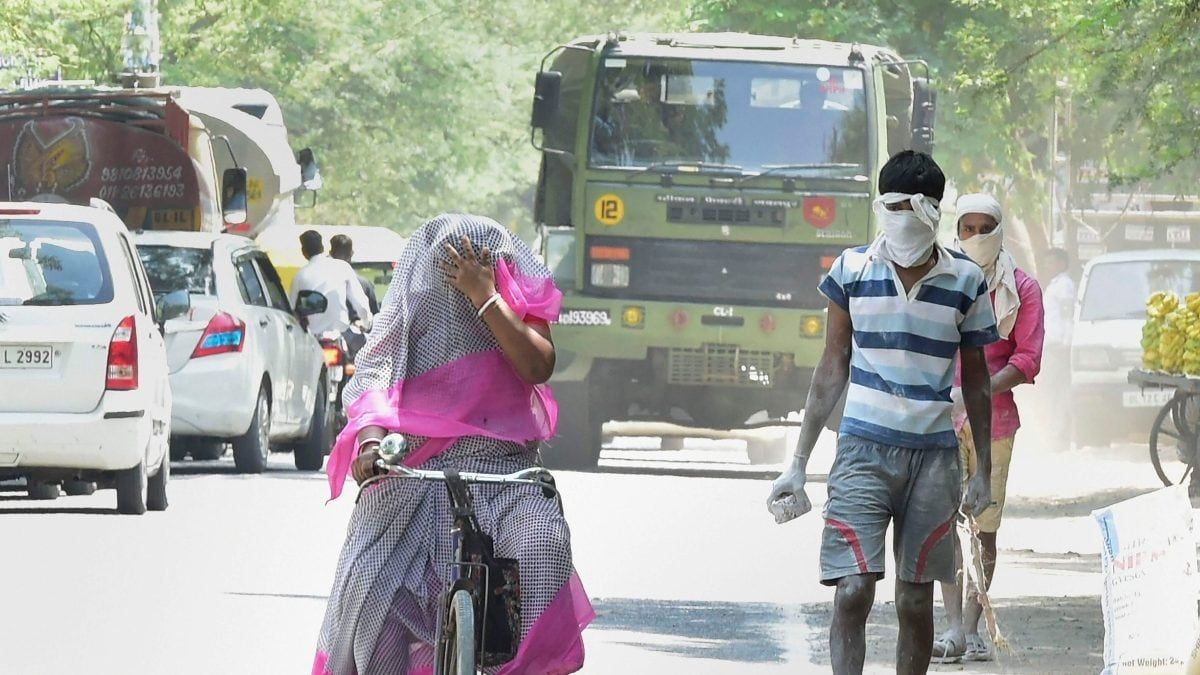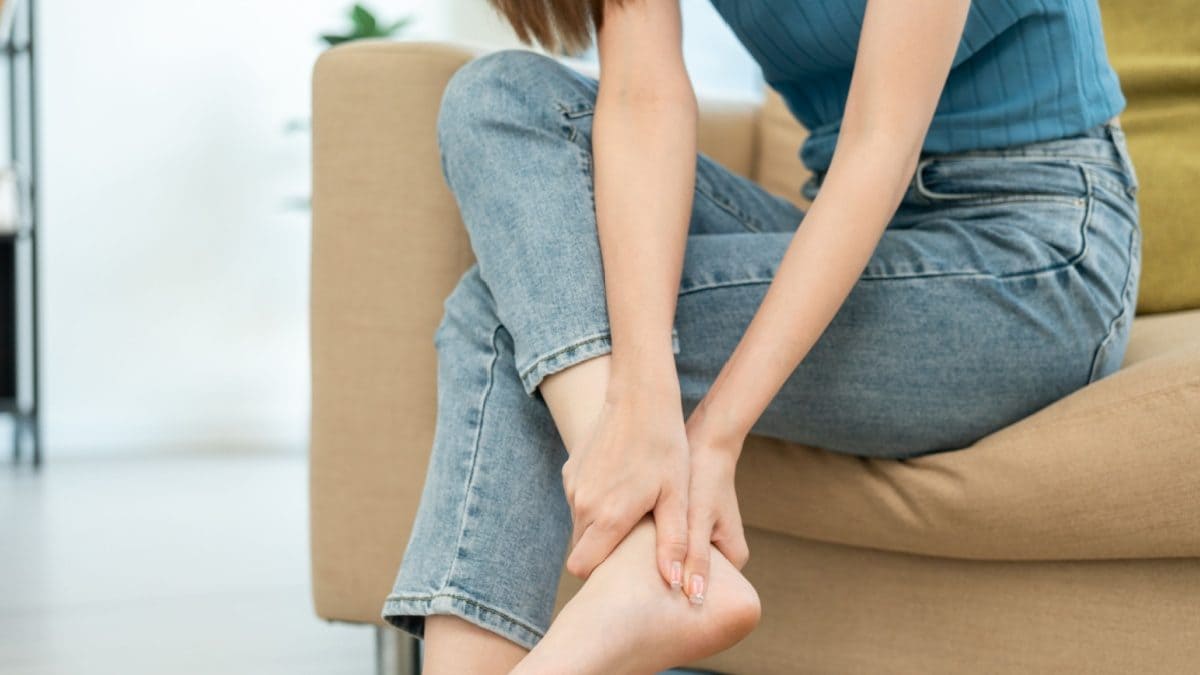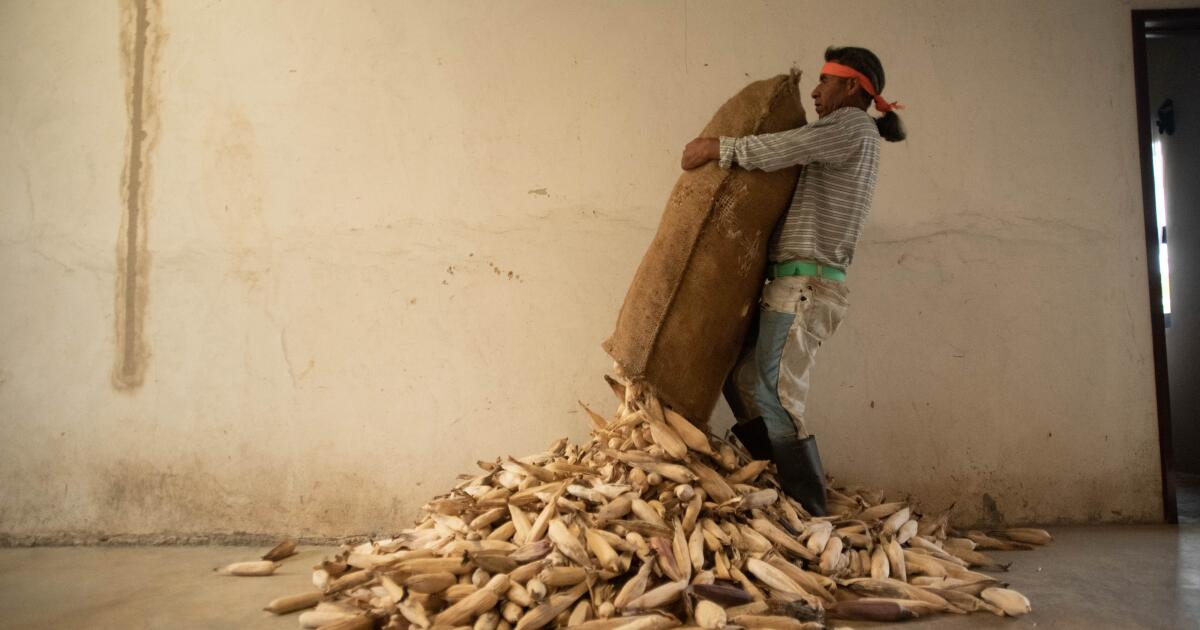Vulnerable communities are disproportionately affected by extreme weather conditions and may suffer from heat stroke, as well as vector- and water-borne diseases.
Experts highlight the importance of strengthening the immunity of rural citizens to face the challenges related to climate change
India is experiencing the consequences of climate change in an unprecedented way. As people in northern India battle prolonged heat waves, with temperatures in the country's capital reaching a record 52.3 degrees Celsius on May 29, the southern tip of Kerala is witnessing heavy rains. Vulnerable communities are disproportionately affected by extreme weather conditions and may suffer from heat stroke, as well as vector- and water-borne diseases.
In fact, the recent report by the Food and Agriculture Organization of the United Nations ('Unjust Climate: Measurement the Impacts of Climate Change on Rural Poor, Women, and Youth') highlights that poor households lose around five percent percent of their total income annually due to heat stress compared to more affluent households. The study also suggests that a one degree Celsius increase in temperature increases poor households' dependence on agriculture by 53 percent compared to non-poor households, while reducing their non-farm income opportunities by 33 percent. percent.
Similar studies also suggest that, along with health threats, extreme weather conditions trigger multiple impacts on the lives of rural populations, especially those who depend on agriculture for their livelihood. In light of this connection between public health, the rural economy and climate change, experts believe that comprehensive strategies can go a long way to empowering rural communities.
“There is a collective need to develop solutions that improve the sustainability of rural livelihoods in the face of climate impacts. It is necessary to promote sustainable agricultural practices, which are less dependent on erratic weather patterns. One of the best examples is the adoption of natural techniques like multi-cropping, which involves planting a variety of crops together in a single field,” says Ashok Kumar, Director of Agricultural Prosperity at Transform Rural India (TRI), the NGO playing a key role in rural empowerment of India through several significant initiatives.
It also highlights the need for landscape restoration. “Degraded lands are more vulnerable to heat waves and soil erosion, further impacting rural livelihoods. Policymakers should design and implement public programs that are innovative and responsive to the needs of rural communities,” adds Kumar.
Climate change also creates a perfect scenario for the spread of parasitic and infectious diseases. Extreme weather events, altered rainfall patterns, and rising temperatures can alter ecosystems, facilitating the spread of these diseases and affecting the health of rural populations. Strengthening the primary health care system is one of the main solutions to address this problem. Considering the poor medical infrastructure in rural areas, utilizing the strength of traditional and cultural health practices can also help prevent the outbreak of such diseases.
“Malnutrition continues to affect tribal regions, depriving communities of their vitality and potential; However, by empowering these populations with education based on Poly Scientific Ayurveda's VPK42 fingerprint analysis, we can unlock a wealth of personalized knowledge, allowing them to harness the power of nature's bounty and develop sustainable strategies to combat malnutrition, restoring balance and well-being. ” says Dr. Ravishankar Polisetty, pioneer of Poly Scientific Ayurveda (PSA).
And he adds: “As climate change continues to disrupt the delicate balance of ecosystems, indigenous and tribal communities, deeply connected to the land, bear the brunt of its consequences; However, by adopting the holistic principles of Poly Scientific Ayurveda, which harmonize traditional knowledge with modern science, we can not only mitigate the impact on these vulnerable populations, but also pave the way for a sustainable future that heals our planet.”












